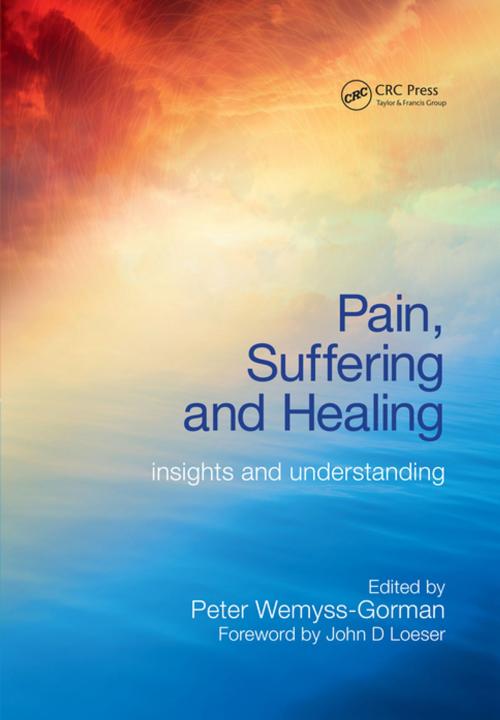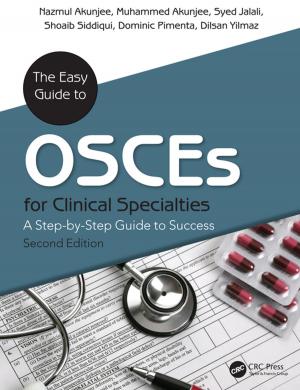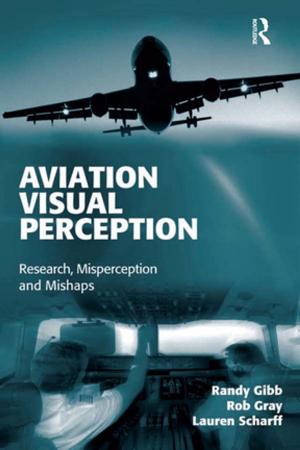| Author: | Peter Wemyss-Gorman, Murray Wallace | ISBN: | 9781315346663 |
| Publisher: | CRC Press | Publication: | April 19, 2018 |
| Imprint: | CRC Press | Language: | English |
| Author: | Peter Wemyss-Gorman, Murray Wallace |
| ISBN: | 9781315346663 |
| Publisher: | CRC Press |
| Publication: | April 19, 2018 |
| Imprint: | CRC Press |
| Language: | English |
As our understanding of the mechanisms of the brain and nervous system that underlie the conscious experience of pain has increased over the past 60 years, so too has the field of pain management. What began as almost exclusively the domain of anaesthetists has become multidisciplinary, and now comprises many other specialisms including neurology, psychology, nursing, occupational therapy and physiotherapy. This spate of activity has been paralleled by a similar growth in research: in neurophysiology, psychology and pharmacology as well as clinical medicine. Simultaneously, the pharmaceutical industry has spent billions of pounds and dollars in the search for better drugs for relieving pain. This ground-breaking book is compiled by former contributors to The Special Interest Group for Philosophy and Ethics of the British Pain Society. The issues discussed include satisfactory relief of chronic pain, the inadequacy of scientific biomedicine in offering answers, and ethical problems arising in pain medicine. 'Suffering cannot be found in a laboratory test or imaging study; it is only observable by communicating with the sufferer. The eleven chapters in this book approach this conundrum from vastly different perspectives, some highly personal and others broadly social. Issues such as the interface between the physician and the pharmaceutical industry are also presented. Each chapter describes a facet of the problems of suffering and some of the available paths to recovery.' John D Loeser in the Foreword
As our understanding of the mechanisms of the brain and nervous system that underlie the conscious experience of pain has increased over the past 60 years, so too has the field of pain management. What began as almost exclusively the domain of anaesthetists has become multidisciplinary, and now comprises many other specialisms including neurology, psychology, nursing, occupational therapy and physiotherapy. This spate of activity has been paralleled by a similar growth in research: in neurophysiology, psychology and pharmacology as well as clinical medicine. Simultaneously, the pharmaceutical industry has spent billions of pounds and dollars in the search for better drugs for relieving pain. This ground-breaking book is compiled by former contributors to The Special Interest Group for Philosophy and Ethics of the British Pain Society. The issues discussed include satisfactory relief of chronic pain, the inadequacy of scientific biomedicine in offering answers, and ethical problems arising in pain medicine. 'Suffering cannot be found in a laboratory test or imaging study; it is only observable by communicating with the sufferer. The eleven chapters in this book approach this conundrum from vastly different perspectives, some highly personal and others broadly social. Issues such as the interface between the physician and the pharmaceutical industry are also presented. Each chapter describes a facet of the problems of suffering and some of the available paths to recovery.' John D Loeser in the Foreword















